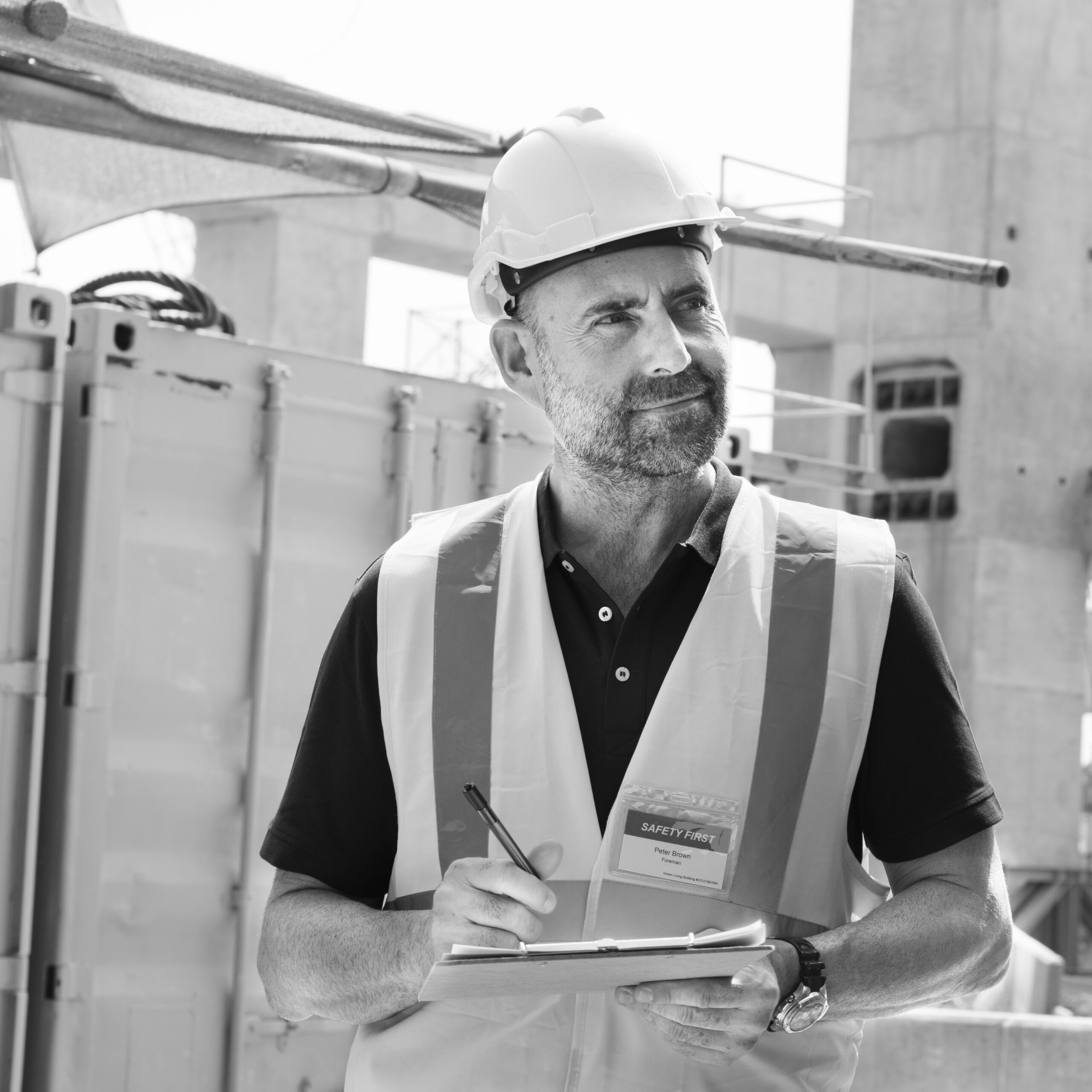Renovating and fixing a home is a big task, isn't it
When you hire a contractor, you’re investing your hard-earned money and trusting them to deliver quality work and a satisfying experience. Likewise, contractors work hard to ensure your satisfaction and expect timely payment once the job is complete. However, many homeowners don’t realize that contractors want things to go smoothly just as much as the client does. Here are a few things your contractor wishes you knew before, during, and after your project.
1Communication is Essential... and Welcome
The key to a successful client-contractor relationship is communication. Contractors should keep you informed, and as a client, you should speak up if you have questions or concerns. It’s much easier to address issues as they arise rather than delaying them. Remember, contractors deal with these things daily, so they might assume some details are obvious. Don’t hesitate to ask for clarification! A good contractor will appreciate your questions, which is why open communication is one of the most important factors in a successful renovation project.
2Supplying Materials Yourself Can Cause More Problems Than It Solves
Many clients wonder if they can supply materials themselves to save money. In some cases, this might be possible, but most of the time, the answer is “no.” Contractors prefer to handle material purchases to ensure everything is suitable for the project. A professional contractor isn’t just responsible for construction work; they also manage the project, coordinating and sourcing materials efficiently. They know what to order, when to order it, and how to integrate everything properly. For example, if you buy an 8-inch faucet but your sink is designed for a 4-inch one, who will be responsible for replacing it? And if you do it yourself, who will cover the plumber’s wasted time? Simply put, supplying materials yourself can lead to more problems and delays than expected.
3Changes Mean Reorganizing Everything
You might decide to make changes to your project’s scope or details during execution, and that’s understandable. However, your contractor wishes you would inform them of any changes—or even the possibility of changes—as early as possible so they can adjust accordingly.
For example, if you decide to switch the kitchen tiles after they’ve already been ordered, it could delay the project by weeks. Even small changes can impact other phases of the work. Once again, this highlights the importance of good communication between you and your contractor.
4The Contractor Doesn’t Control the Weather... or Permit Procedures
Even if you hire the best contractor, there are some things beyond their control, such as weather conditions and material delays. Additionally, permit procedures and inspections by local authorities can be smooth or complicated depending on your area. In any case, the contractor can only follow the regulations and wait for the official processes to be completed.
5Workers Won’t Be at Your House Every Day
You may be excited to start your project or eager to finish it quickly, but it’s important to understand that there may be days when no one is working at your home. The contractor is responsible for coordinating the teams, subcontractors, material delivery, and inspections, which can sometimes lead to downtime between phases. Don’t worry, this doesn’t mean your contractor has forgotten about your project! Also, when workers are on-site, it’s best to give them the space they need to work efficiently. Constant interference and closely monitoring them can slow down the work and lead to communication and execution issues.
6What’s Behind the Walls May Surprise You... and Cost You More
Most renovation contracts include a clause about “unforeseen circumstances” because the contractor can’t predict what they’ll find when opening walls or removing flooring. The contractor may encounter unexpected issues such as water damage, mold, or previous construction mistakes. In this case, you’ll need to accept the reality that some additional costs may be necessary to fix these problems.
7It’s Normal for Problems to Arise During the Project
Success is not measured by the absence of problems, but by how the contractor handles them. If unexpected challenges arise, stay calm and keep communicating with your contractor to understand the possible solutions. As long as there is cooperation between you both, any issue can be resolved easily. In conclusion, remember that communication and trust are the keys to any project’s success. Be prepared for some challenges, and keep in mind that the goal is to achieve a satisfying result that will last for years.

 Ar
Ar En
En


